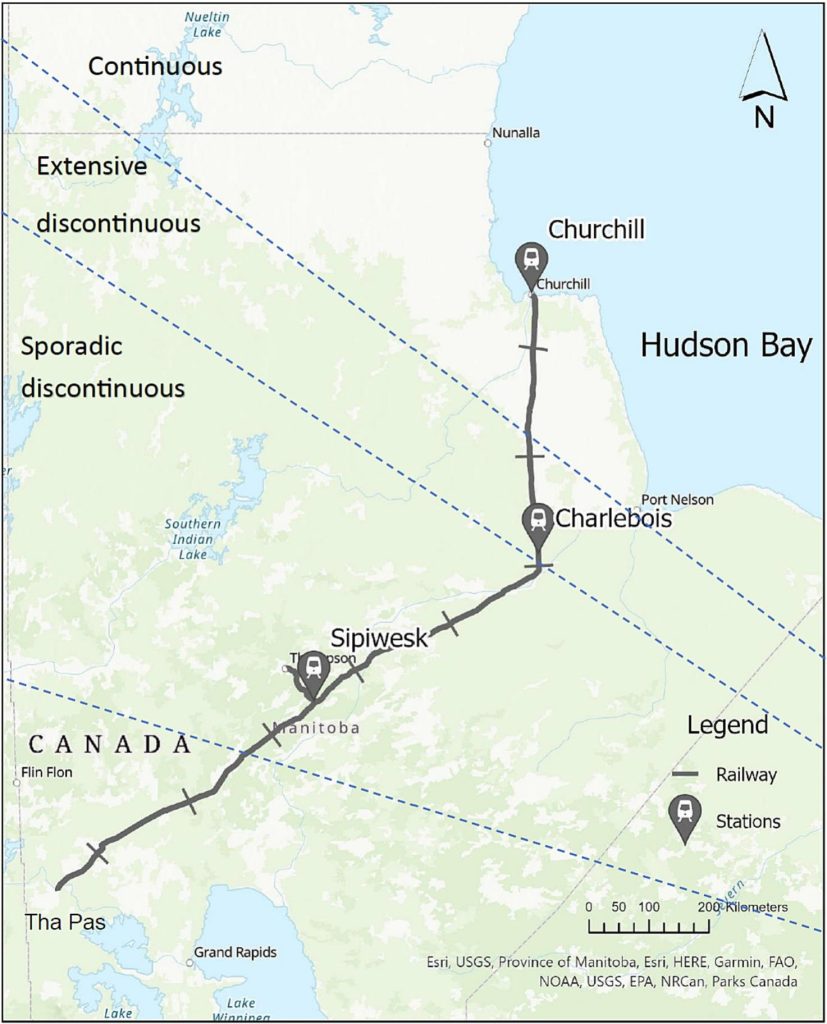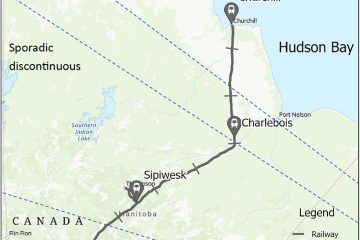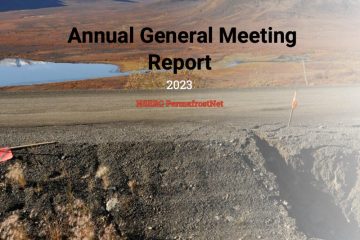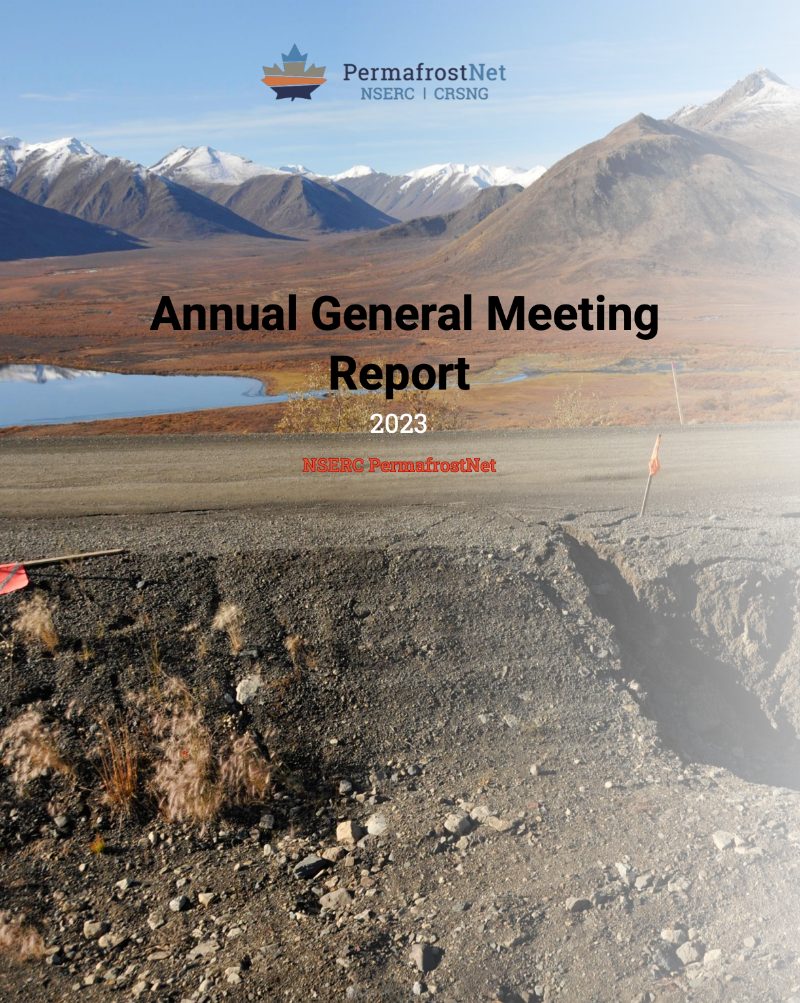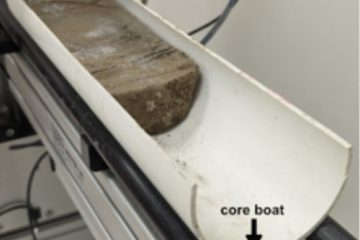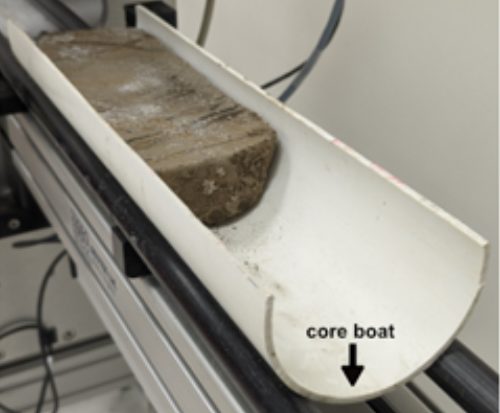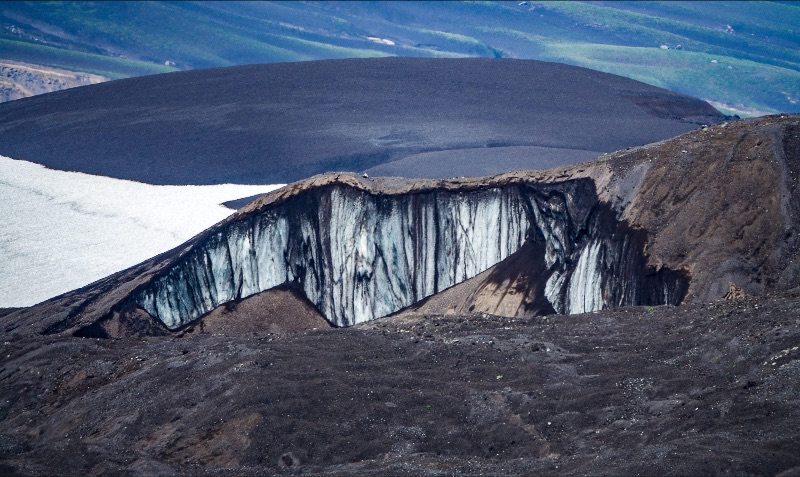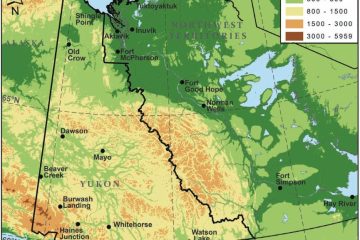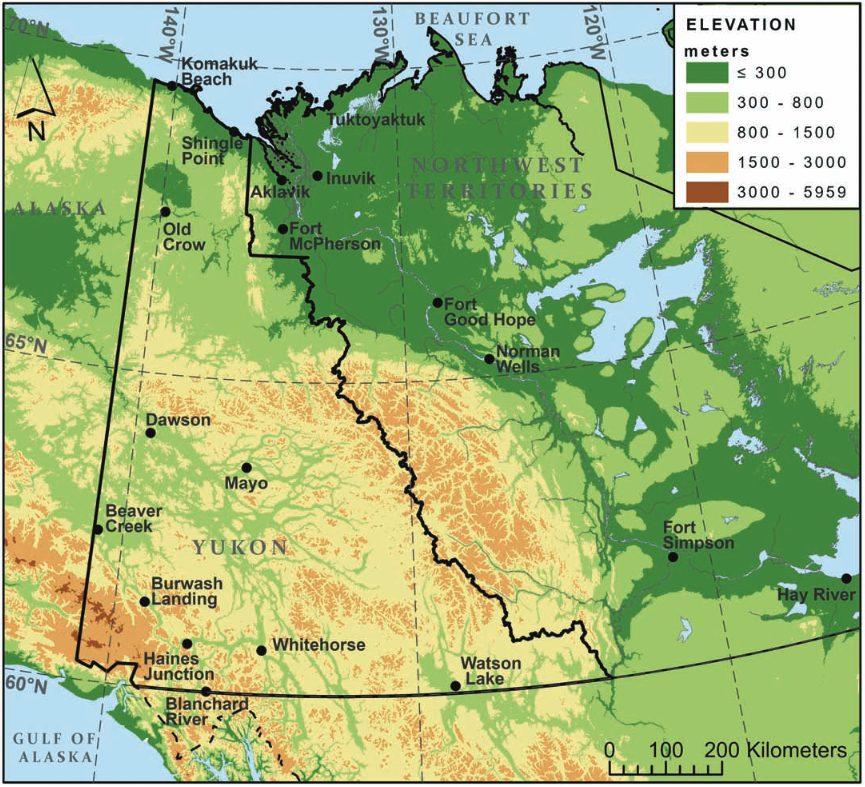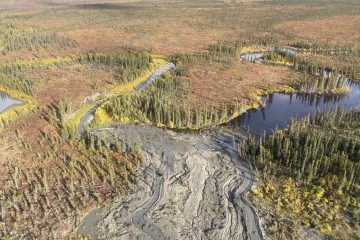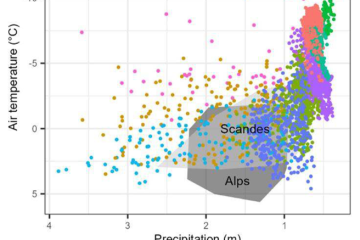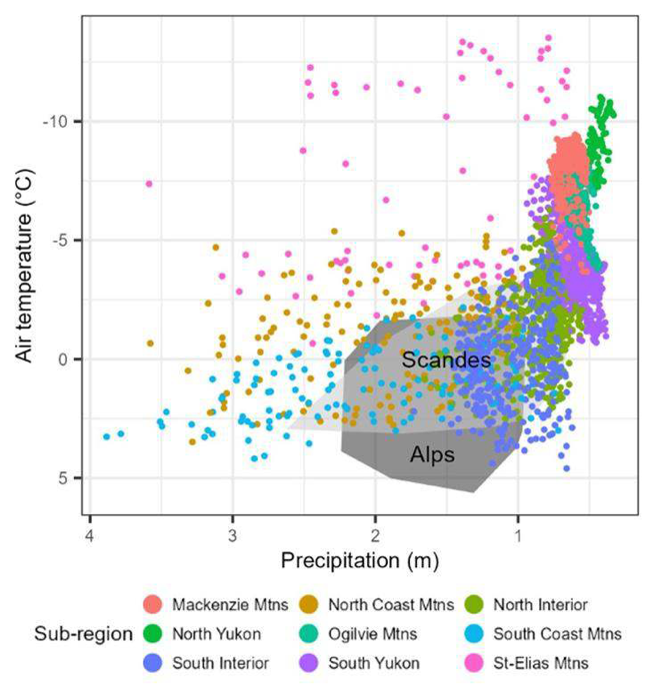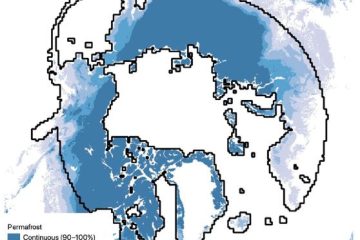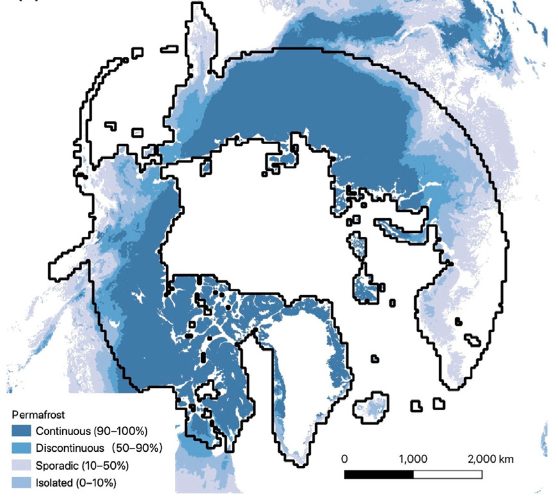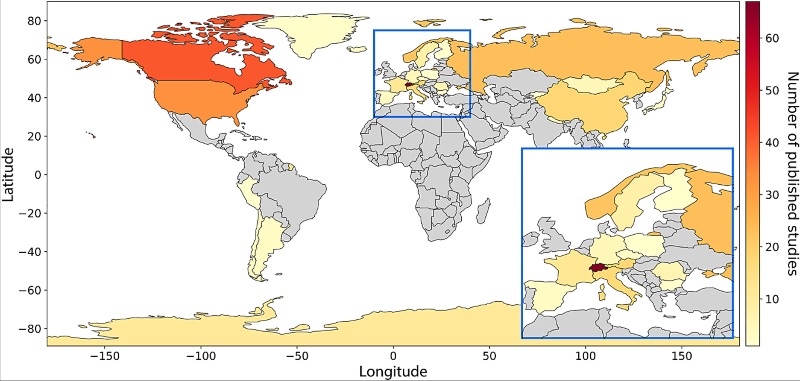A study of thermal modeling parameters and their impact on modelled permafrost responses to climate warming
A study by Khatereh Roghangar and Jocelyn Hayley has assessed the effects of thermal modeling parameters on permafrost ground response to climate warming. They analyzed how variations in depth, water content, and soil type affect predictions of future active layer depths and settlement under various climate scenarios using the soil characteristics along Hudson Bay Railway corridor.
The results indicate that, for fine-grained soils, the depth of the model is a more significant parameter than for coarse-grained soils. The water content of all soil types is a critical factor in determining the time at which permafrost thaws and the depth at which the active layer is located, as higher water content leads to larger active layer changes and more settlement in most cases. These findings have important implications for infrastructure and land use management in the Arctic region.
Roghangar, K. and Hayley, J.L. (2024). A study of thermal modeling parameters and their impact on modelled permafrost responses to climate warming. Cold Regions Science and Technology, 221, 104155, DOI: 10.1016/j.coldregions.2024.104155.
